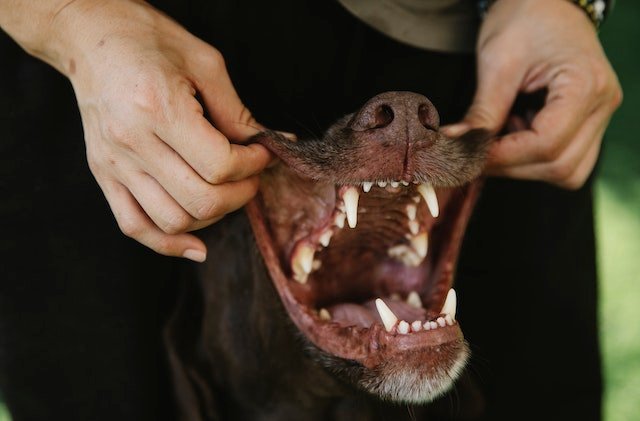Just like humans our furry companions require regular dental care to maintain optimal oral health. Neglecting their dental needs can lead to various dental problems and impact their overall well-being. In this comprehensive guide we will explore the importance of dental care for pets and provide you with valuable insights and practical tips to ensure your pet’s healthy smile.
The Significance of Dental Care for Pets
- Preventing Dental Disease: Dental disease is one of the most common health issues in pets. By prioritizing dental care you can help prevent problems such as periodontal disease gum inflammation tooth decay and bad breath.
- Promoting Overall Health: Poor oral health can have far-reaching effects on your pet’s overall well-being. Dental problems can lead to pain difficulty eating and even systemic health issues when bacteria from the mouth enter the bloodstream.
- Improving Quality of Life: A healthy mouth means a happier pet. By ensuring good dental hygiene you can help your furry friend maintain a comfortable and functional mouth enabling them to eat play and enjoy life to the fullest.
Essential Dental Care Practices for Pets
- Regular Brushing: Brushing your pet’s teeth is the gold standard of dental care. Use a pet-specific toothbrush and toothpaste to clean their teeth gently. Start slowly and gradually increase the duration of brushing sessions. Aim for daily brushing but even a few times a week can make a significant difference.
- Appropriate Dental Treats and Chews: Offer dental treats and chews that are specifically designed to promote oral health. These products can help reduce plaque buildup massage the gums and freshen breath. However always choose treats that are safe appropriate for your pet’s size and recommended by your veterinarian.
- Professional Dental Cleanings: Regular professional dental cleanings performed by a veterinarian are crucial for maintaining your pet’s oral health. These cleanings involve a thorough examination scaling and polishing of the teeth and may require anesthesia to ensure your pet’s comfort and safety.
- Dietary Considerations: Some specialized pet foods are formulated to support dental health. These foods often have a kibble texture that helps remove plaque and tartar from the teeth as the pet chews. Consult with your veterinarian to determine if a dental diet is appropriate for your pet.
- At-Home Oral Rinses or Gels: Oral rinses or gels can help reduce bacteria and freshen breath. However it’s important to choose products specifically designed for pets and follow the instructions provided. Consult your veterinarian for recommendations.
- Regular Dental Examinations: Schedule regular dental check-ups with your veterinarian. During these visits the veterinarian will examine your pet’s mouth identify any potential issues and provide appropriate treatment or recommendations.
Tips for Successful Dental Care
- Introduce Dental Care Early: Start introducing dental care practices to your pet at a young age. This helps them become familiar with the routine and more accepting of dental care throughout their lives.
- Use Positive Reinforcement: Make dental care a positive experience for your pet. Offer praise treats or playtime after brushing sessions to associate it with something enjoyable.
- Take Small Steps: If your pet is resistant to dental care start with small steps and gradually build up. Begin by gently touching their lips and gradually progress to brushing their teeth.
- Monitor for Signs of Dental Issues: Keep an eye out for signs of dental problems including bad breath red or swollen gums tartar buildup difficulty eating pawing at the mouth or changes in behavior. If you notice any concerning signs consult your veterinarian promptly.
Investing in Your Pet’s Dental Health
By incorporating regular dental care practices and prioritizing your pet’s oral health you can ensure a healthy smile and enhance their overall well-being. Remember to consult with your veterinarian for personalized advice and recommendations based on your pet’s specific needs.






